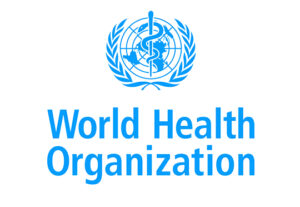
 The World Health Organization received a donation of $1 million from the Qatar Fund for Development to support its ongoing work in Sudan for a period of one year.
The World Health Organization received a donation of $1 million from the Qatar Fund for Development to support its ongoing work in Sudan for a period of one year.
The agreement is part of a larger, joint project that brings together the Qatari Red Crescent and Qatar Charity to support vulnerable populations in Sudan, in coordination with the Federal Ministry of Health and WHO.
“Sudan’s health system suffers from years of underfunding, lack of staff, human resources, medicines, materials, equipment and medical supplies,” said Dr Ahmed Al Mandhari, Regional Director for the Eastern Mediterranean.
“Recent flooding in Sudan has also led to an increased risk of vector- and water-borne diseases, requiring strengthened disease surveillance and coordination. COVID-19 has also created additional challenges for the health system. WHO hopes that the successful implementation of this pilot project will result in a long term cooperation to strengthen the emergency preparedness and response on federal and state level in the entire country.”
As part of the project, WHO will build the capacity of the health workforce on emergency response in the three priority states of White Nile, Kassala, and Sennar, and will increase the coverage of sentinel sites reporting on diseases in White Nile State. WHO will also establish and equip a reference laboratory in White Nile State for more effective diagnosis and response to disease outbreaks.
The project will strengthen coordination on federal level through the strengthening of Emergency Operations Centers and emergency standard operating procedures, as well as strengthening capacity of the health workforce at all levels.
The project will also address the main pillars of emergency preparedness by strengthening the surveillance system and laboratory in White Nile state, strengthening infection prevention and control and isolation in health structures, and improving case management capacities, health promotion and rapid response teams in White Nile State.
According to the 2020 UN Health Needs Overview for Sudan, more than 8 million people need humanitarian health assistance, of which 5 million people are targeted for humanitarian health interventions. Natural disaster such as the ongoing floods, repeated outbreaks of vector, waterborne and vaccine preventable diseases, in addition to the COVID-19 pandemic, are overwhelming an already fragile health system. Health service delivery and emergency response is further affected by the ongoing socio-economic crisis.
